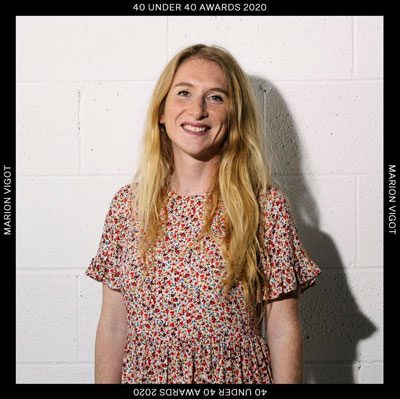From Manufacturing to Disposal of Compostable Packaging: The Active Conversations We Need to Foster a Circular Economy
The recent 2024 Australian Organics Recycling Association (AORA) Conference highlighted a significant issue in the compostable packaging industry: the lack of representation from compostable packaging brands.
While such events might not be sales-focused, they are crucial for understanding:
- the challenges faced by composters,
- best practice when it comes to marketing the disposal of compostable packaging and
- to developing better products together.
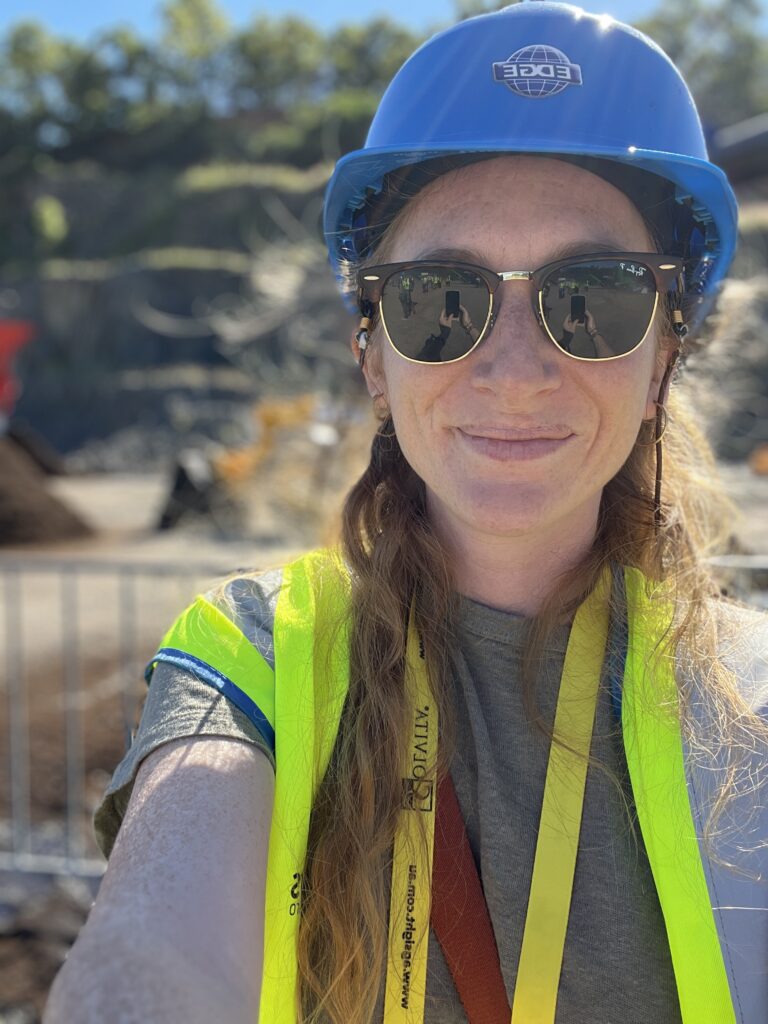
The 4 Common Practices in Australia Causing Significant Confusion for the Disposal of Compostable Packaging:
In the compostable food service ware industry, especially for cafés, 4 common practices cause significant confusion:
- Labelling a product as “compostable” or “biodegradable” without further details.
- Lack of clear disposal instructions leading to wrong disposal of compostable packaging
- Greenwashing.
- Using mismatched materials for a single product (e.g., a commercially compostable cup with a plastic lid).
Why Does it Matter?
As a brand of certified home compostable products, fully understanding IF and HOW the products we sell are composted is fundamental.
This understanding is the driving force behind Compostable Alternatives as we offer home compostable alternatives to single-use plastic and bioplastic takeaway products in the cafe industry. And although we have a strong emphasis on home composting, we recognise that many people do not compost at home. Therefore, it’s crucial that our products, when disposed of in the Food Organics Garden Organics (FOGO) green bin, are:
- Accepted in composting facilities.
- Easily recognised by composters as certified compostable products.
- Composted at the same speed as other organic waste, such as food scraps.
- Clearly labeled to prevent rejection during sorting.
One of the Most Important Event of the Year for Compostable Packaging Brand
At the 2024 Australian Organics Recycling Association (AORA) Conference, despite the presence of all the major industrial composters, there was a noticeable absence of compostable packaging brands. This is perplexing because these events provide invaluable opportunities. For example:
- learn about the challenges composters face
- understand how Food Organics Garden Organics (FOGO) waste are processed,
- understand how compostable packaging are processed,
- is there sufficient capacity to process compostable packaging along with food waste via the FOGO green bin.
Industry events like the 2024 Australian Organics Recycling Association (AORA) Conference are crucial for us to connect directly with those processing the products we make. These interactions help us design better products that integrate seamlessly into the market and have a straightforward end-of-life process. To create a harmonized future for compostable packaging in Australia, we need to engage in these critical conversations with the people who revalue our products into compost. By understanding their challenges, we can improve our practices and work together towards a sustainable, circular economy.
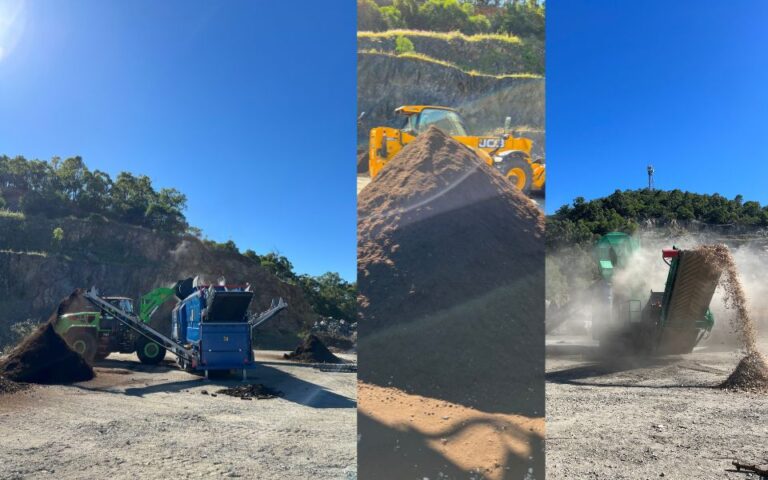
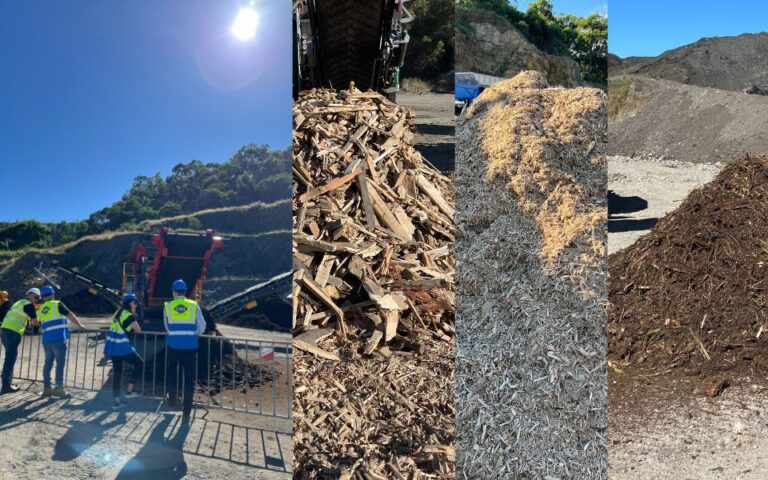
Coffee Entrepreneurs Need to Be Part of The Conversation Too!
We are keen to hear your thoughts on how we can better align our packaging practices with composting availability and capabilities, whether at home or with industrial composters. It’s also essential that the cafes buying our products and people using them are part of this conversation.
Your on-the-ground insights and experiences can help shape a more sustainable future for compostable packaging.
Making a Difference Together
By discussing the key issues and emphasising the need for collaboration and understanding, we can
- achieve our mission of providing easy compostable alternatives to single-use plastic and bioplastic,
- foster insightful conversations and,
- draw attention to the importance of proper disposal practices for compostable packaging.
Get in Touch Today
Not sure about the disposal of your compostable packaging? Contact us or send us a DM on Instagram and we’ll be able to let you know the products you use should end up and if they are suited to your local waste infrastructure.
About the author:
Marion is a French Australian entrepreneur, profoundly interested in the composting industry. Her words are her own thoughts and come from her research and learning. Although she quotes and sources the information she shares, Marion is not a scientist or a researcher and her opinions should not be understood as a scientific truth.
Through her findings and experience in the industry, she is attempting to support hospitality businesses and producers in their search of alternative choices to single-use and other types of plastic packaging. You should always do your own research to best inform yourself.
Share this article :
Compost Club Blog
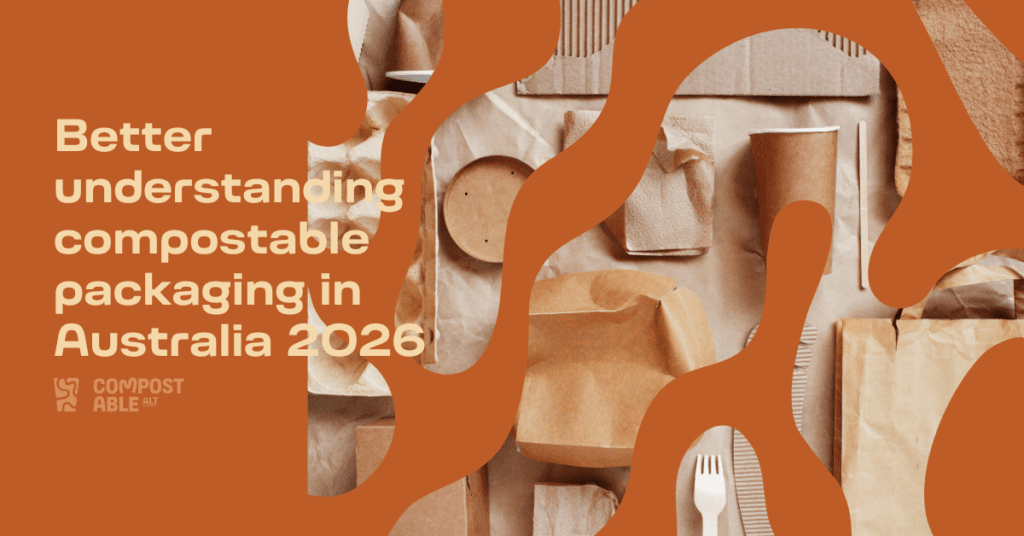
Better understanding compostable packaging in Australia in 2026
In Australia, we use 5.4 million tonnes of packaging per year, only 11,000 tonnes are certified compostable and 1,500 tonnes are recovered through composting. That’s an extremely low recovery rate. In this article we’ll have a look at the two different types of compostable packaging and the role of certifications to prevent greenwashing.
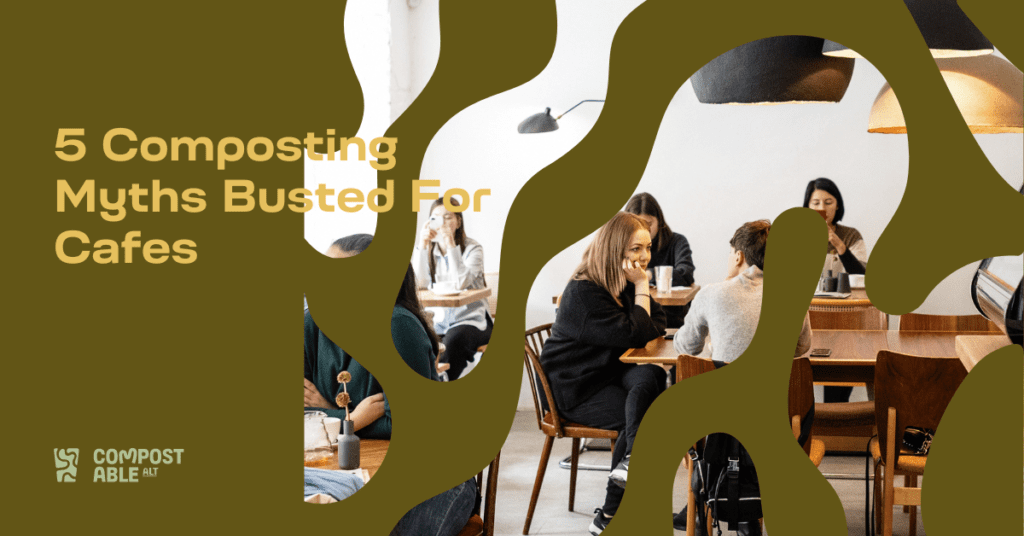
5 Coffee Takeaway Cup Composting Myths Busted for Cafes
Do you offer takeaway coffees? Let’s bust the 5 biggest coffee takeaway cup myths so you can make the right call for your business, your customers, and the planet.
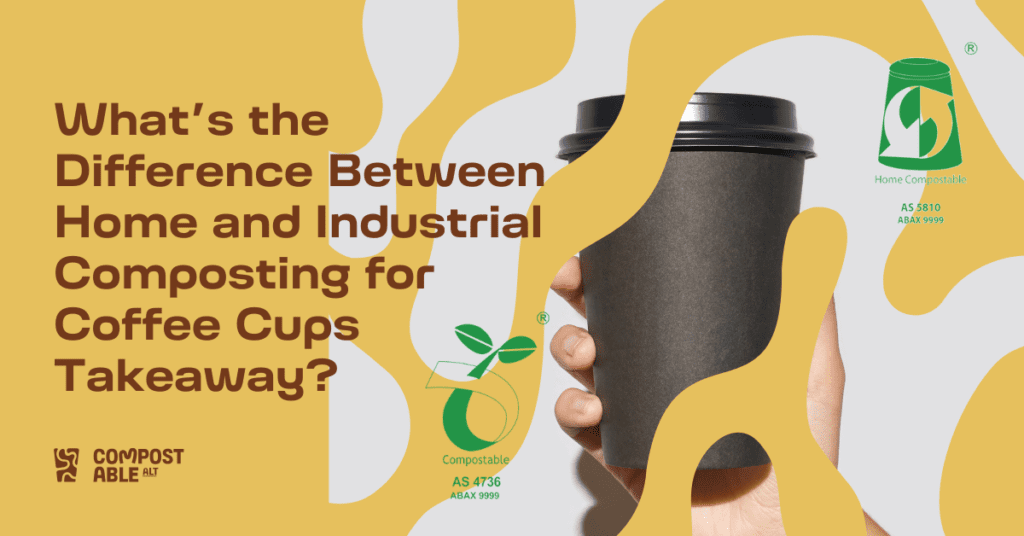
What’s the Difference Between Home and Industrial Composting for Coffee Cups Takeaway?
If you’re a café owner, a sustainability nerd, or just someone trying to do the right thing, knowing the difference between home and industrial composting is key to making better packaging decisions.


